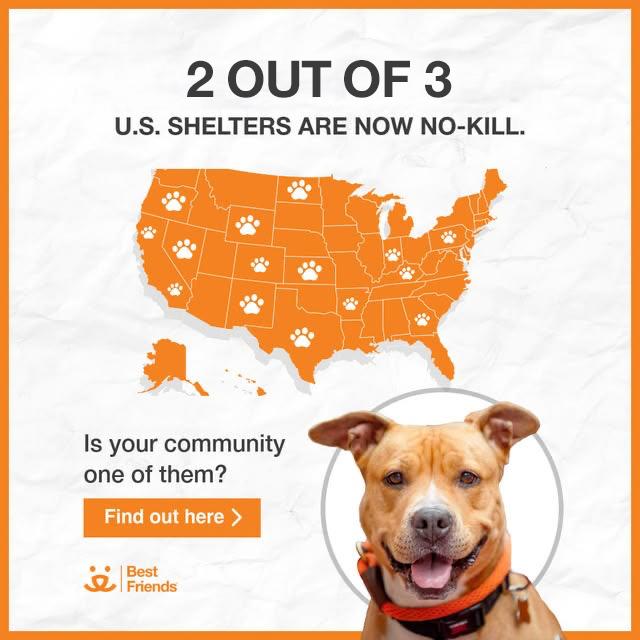
End Puppy Mills: Tips for Writing to Legislators and Media
Dogs in puppy mills are bred in factory-like, inhumane settings. They have little human interaction and run the risk of developing significant behavioral and medical issues. The good news is that more and more people are taking a stand against puppy mills, though the U.S. still has thousands of licensed and unlicensed puppy mills. So what are some ways to stop puppy mills? Here are some tips that anyone can use to write their legislators and media outlets to spread awareness about the cruelty of puppy mills.
Writing to stop puppy mills
Here are some simple tips to help you compose a message about ending puppy mills:

See how your community is doing
- Get right to the point in your first few sentences. Stick to one topic, and keep your letter brief (one page or less).
- From start to finish, maintain a respectful tone.
- After stating your position, back it up with examples, facts, and statistics.
- If you’re writing in support of or against a specific bill, include the bill number.
- Provide your contact information. Legislators want to hear from their constituents and will often respond. Even if they don’t, remember that your opinion counts.
- End your letter by thanking the recipient for considering your opinion.
- And, finally, spell-check.
Example talking points
Here is some phrasing you can use in your message:
- As a legal enterprise, dog breeding should be regulated to ensure humane conditions for the dogs and puppies.
- Poorly regulated puppy mills are notorious for churning out undersocialized, sick, and poorly bred puppies. This is a health, safety, and economic tragedy.
- Commercial dog breeding facilities should be inspected regularly, and they should pay income and sales tax like any other business, which could increase funds for community improvements and public education.
- The shelter in [your location] kills [number] animals every year just because they don't have a home, while puppy mills profit by adding to the number of homeless pets.
- I am opposed to spending my tax dollars to house and kill animals at shelters while mass-production pet breeding continues unchecked.
- It makes sense to put a reasonable cap on the number of dogs people can keep for the purposes of breeding.
- Responsible hobby breeders who treat their animals as pets and only raise a few puppies a year are not the problem. Responsible breeders will have no problem meeting new basic standards because the level of care they provide already far exceeds the conditions in puppy mills.
For more information, and to sign petitions and support campaigns in your own community, go to the Best Friends Legislative Action Center.
